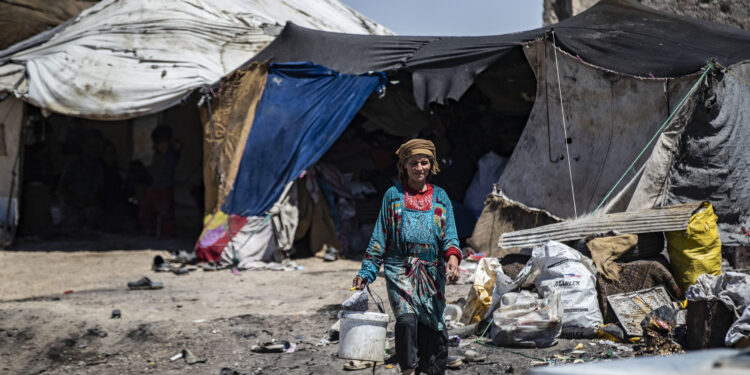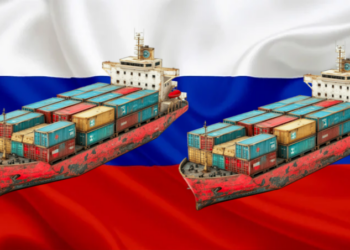Brussels – Since 2011, the EU and its member states have mobilized more than €33 billion in humanitarian and development assistance for the 7.2 million displaced citizens in Syria and more than 5 million refugees in the region. An “enormous humanitarian effort, which has not translated into a corresponding political role.” This is the assessment expressed in a letter addressed to the EU High Representative for Foreign Affairs, Josep Borrell, by Italy and seven other member countries, which are calling on Brussels to change its strategy towards the country torn apart by one of the worst humanitarian catastrophes in modern history.
Along with the Italian foreign minister, Antonio Tajani, the letter was signed by counterparts from Austria, Slovenia, Slovakia, Croatia, Greece, the Czech Republic, and Cyprus. Upon his arrival at the EU Council on Foreign Affairs, Vice-Premier Tajani lamented that Syria has become an issue “about which little is spoken,” overshadowed by the recent conflicts in Ukraine and Gaza. “We must also have a European strategy on that part of the Middle East,” Tajani warned, “from where so many refugees are leaving.
After thirteen years of civil war, 90 per cent of the population lives below the poverty line, and 7 out of 10 Syrians need humanitarian assistance. The central government, which now occupies large portions of Syrian territory, is still in the hands of Bashar al-Assad. A regime that has been guilty of atrocities against the civilian population, and on which a harsh EU sanctions regime has been in place since 2011. However, for the eight European chancelleries, humanitarian efforts are not enough if a total diplomatic wall remains against Assad.
The current strategy on Syria, adopted on April 3, 2017, by the Council of the EU, focuses on six key areas: end the war through a genuine political transition; promote a meaningful and inclusive transition; save lives by addressing the humanitarian needs of the most vulnerable; promote democracy, human rights and freedom of speech; bring those responsible for war crimes to justice, and support the resilience of the Syrian people and society.
“We believe it is time to review and evaluate the results of the strategy achieved so far, the effectiveness of our actions and instruments,” reads the letter to the head of EU diplomacy. Italy and the other seven are calling for a Syria policy that is “more active, results-oriented, and operational.” The goal is “to achieve the conditions for safe, voluntary, and dignified returns of Syrian refugees, following UNHCR standards.”
European countries host more than one million refugees from Syria, more than half of them in Germany. Even in 2023, Syrian citizens accounted for the largest number of asylum seekers, about 183,000. Against the letter signed by Tajani, the Democratic Party delegation in Brussels immediately lashed out, denouncing “several unclear or contradictory points that we ask the Italian minister to clarify publicly.” Lucia Annunziata, Nicola Zingaretti, Giorgio Gori, Alessandra Moretti and Marco Tarquinio—the five Dems who are members of the Foreign Affairs Committee in the EU Parliament—ask how it is possible to reconcile “the affirmed willingness to contribute to the achievement of a safe, voluntary, and dignified return of Syrian refugees, following UNHCR standards with the request to relaunch a substantial and meaningful dialogue with the current rulers in Damascus.”
To the PD accusation of wanting to “rehabilitate Assad” to be able to send Syrian refugees back to him, Tajani responded pragmatically, “We have always condemned some behaviours concerning civil rights, but we cannot disregard what is happening, we need a strategy and we need to discuss it.” The issue is now on Borrell’s desk, who will discuss it with the ministers of the 27 as early as the next EU Foreign Affairs Council after the summer break. On the first round of the table, held today in Brussels as the last item of the ministers’ meeting, the European diplomacy chief commented, “The work will continue, with pragmatism but without naivety. We know the Assad regime; we know how close it is to Iran and Russia.”
English version by the Translation Service of Withub






![Torino, piazza Castello [foto: Emanuele Bonini]](https://staging.eunews.it/wp-content/uploads/2024/11/piazza-castello-350x250.jpeg)




